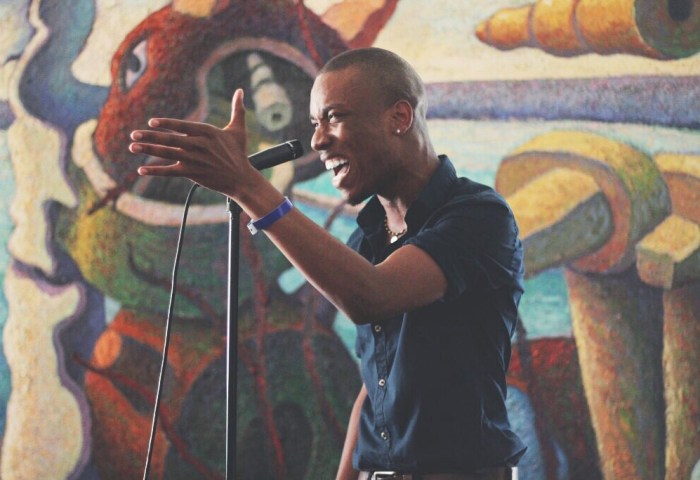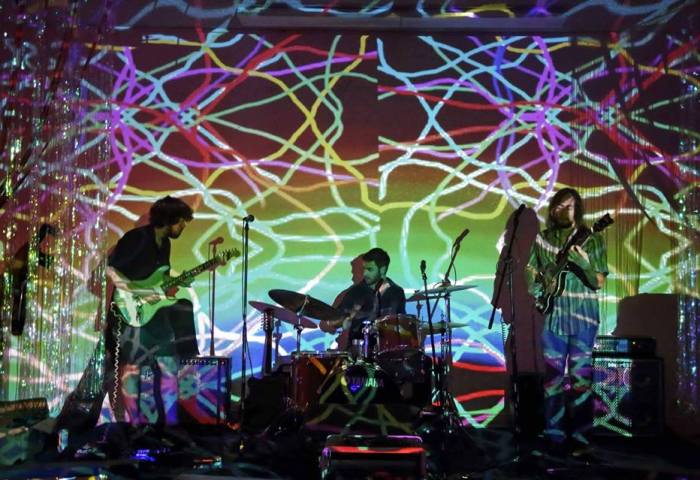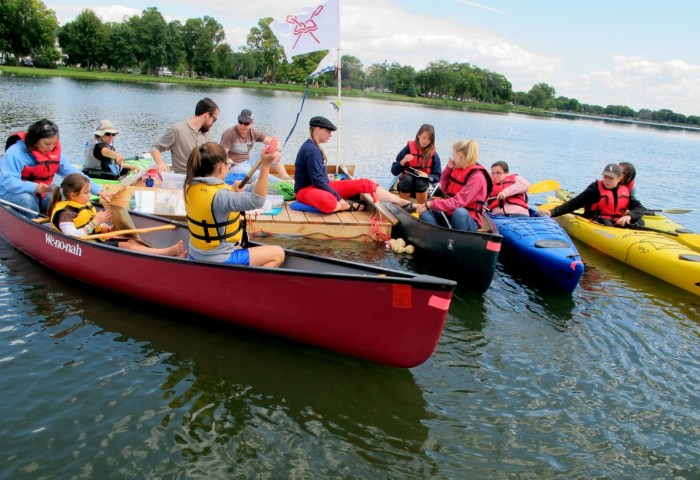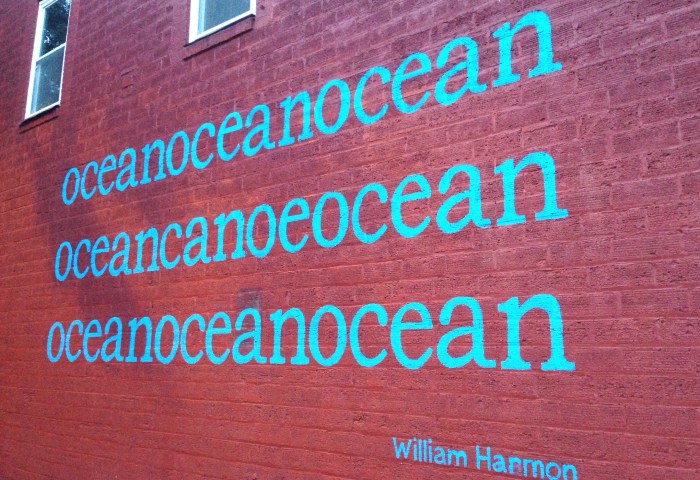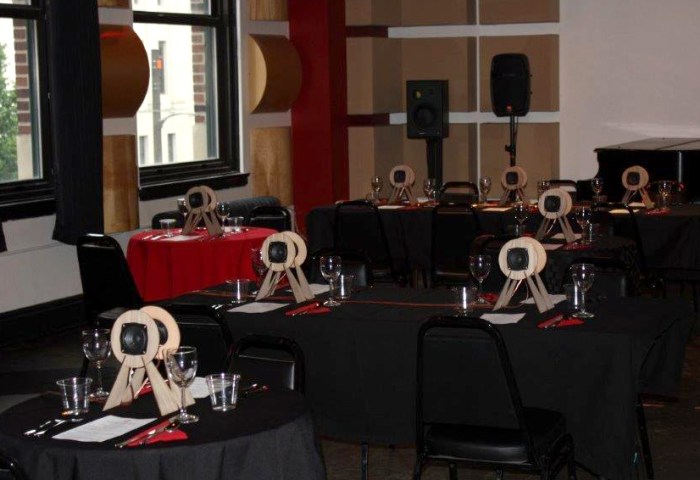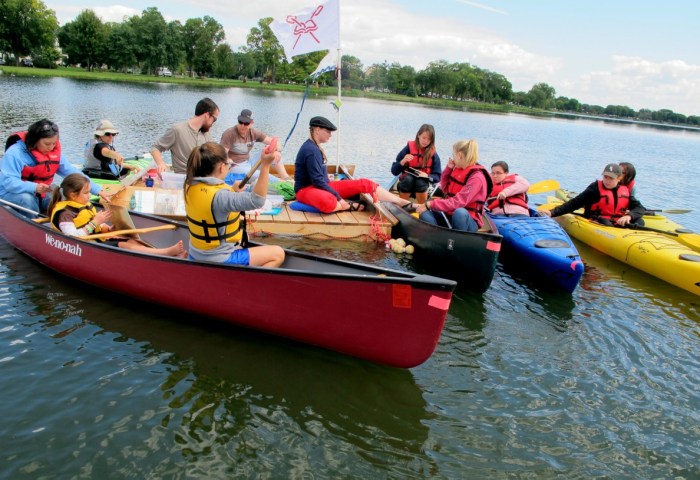Watching clips of Donte Collins reading poetry online, the first thing that stands out is the straightforward beauty of the words, the carefully observed imagery and perfectly chosen descriptors that immerse the audience immediately in Collins’s world. The second thing that grabs the attention is the confidence and nuance of Collins’s stage presence. The poet […]
Article · August 29, 2017 by Ira Brooker
